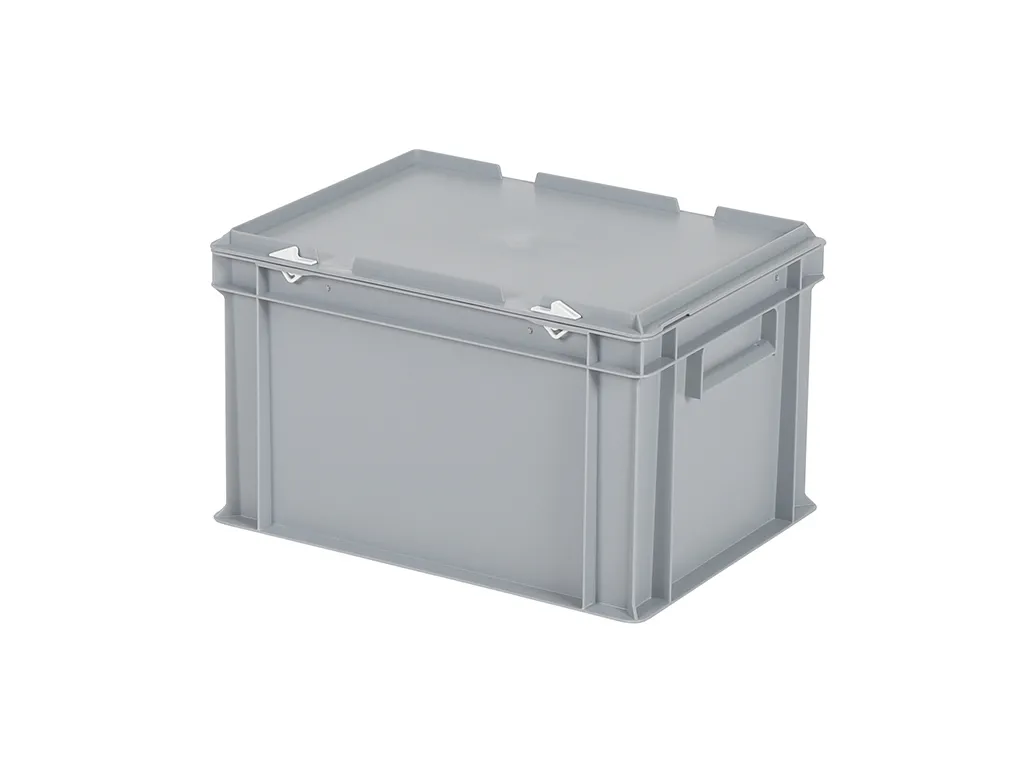Mrdanielmh
Solar Enthusiast
- Joined
- Apr 19, 2020
- Messages
- 177
Update: BMS arrived today!


We have a mini camper. It's an Intech Flyer Pursue. Really, just a comfortable bed in an air conditioned, off-road ready box. They are really well made, so the investment in batteries to camp off grid for a while is worth it. I would rather keep the camper in the shade, so I plan to use portable solar panels and plug them into the pre-wired port. This will extend trips into the wild.Hey @Haugen !
It looks like we are at the stage! Im still waiting for my batteries but i hsve received my bms! Excited to hear about your build
I might use a small inverter, but I go camping to commune with nature.New-bee here... I have a couple questions.
Are you planning to use an inverter? If so, what size?
If I'm looking to do something similar in my travel trailer, then I wont need the Orion-Tr Smart DC-DC charger will I? It looks like you are using it to charge up the engine start batteries for you coach, correct?
Update from Amy, batteries are just clearing customs
That's good news!Update from Amy, batteries are just clearing customs
Has anybody come up with a good case solution for these yet?

I guess the little black things in the positive output of the battery are fuses?, if so.. why not put only 1 to the main line?. Also this main line should be conected to the battery protect, so it can disconect all the loads if necesary.
I thought it made sense to fuse everything seperately so that if 1 fuse blew I still have other charging capabilities.
I thought the Victron Battery Protect was for load, so I only had it attached to the fuse box load so that it would shutdown access to appliance if the voltage of the battery was too low.
It seems that you may have missed the updated diagram on page 2 where these were removed. The wires you referenced are part of the BMS. They are soldered on the PWB and would probably all receive a ring terminal and be put on the same post. They could conceivably be crimped into a single terminal. Not much chance of single wire failure seeing as though they are only about 8" long.I haven't read through the whole thread so you've probably worked all this out but just in case.
And then I have an open ended question/thought, IDK what the best practice is or should be for protecting the multiple smaller wires going to and from the BMS. If one or more of those wires shorts or opens (and there are 6 individual pieces of wire and 12 total connections), it seems there is at least a theoretical risk of a situation where too much current is forced through one or more of the wires, and no fuse is sized properly to protect the smaller gauge wire attached to the BMS. How are others with similar BMS' dealing with this? Is this a tempest in a teapot or something to take seriously? Seems as a best practice a fuse on each of the 10AWG wires would be the way to go, but maybe I'm overthinking it.
- @Mrdanielmh is correctly using the battery protect, it cannot be used the way @mrdavvv describes because (A) its not bidirectional and (B) it cannot be used directly inline with an inverter
- You are also on the right track regarding fuses, every time you step down to a smaller wire size, you need a fuse to protect that wire, so unless all your wiring is the same gauge as your main battery cable, you are doing it right. But you may also want a main battery fuse (MRBF or class T ideally)
It seems that you may have missed the updated diagram on page 2 where these were removed.
Yeah the chance of a problem is probably pretty low, but still, I think, possible and unprotected. There are 12 potential points of failure (6 solders, 6 crimps, and if the wires are about 8" 6x8" is 4 feet of wire).The wires you referenced are part of the BMS. They are soldered on the PWB and would probably all receive a ring terminal and be put on the same post. They could conceivably be crimped into a single terminal. Not much chance of single wire failure seeing as though they are only about 8" long.
what are you using to draw these nice diagramsHi @loverofpeace - no worries! Here is a zoomed out diagram that I have thrown together which shows the system in a bit more detail!
View attachment 12065


